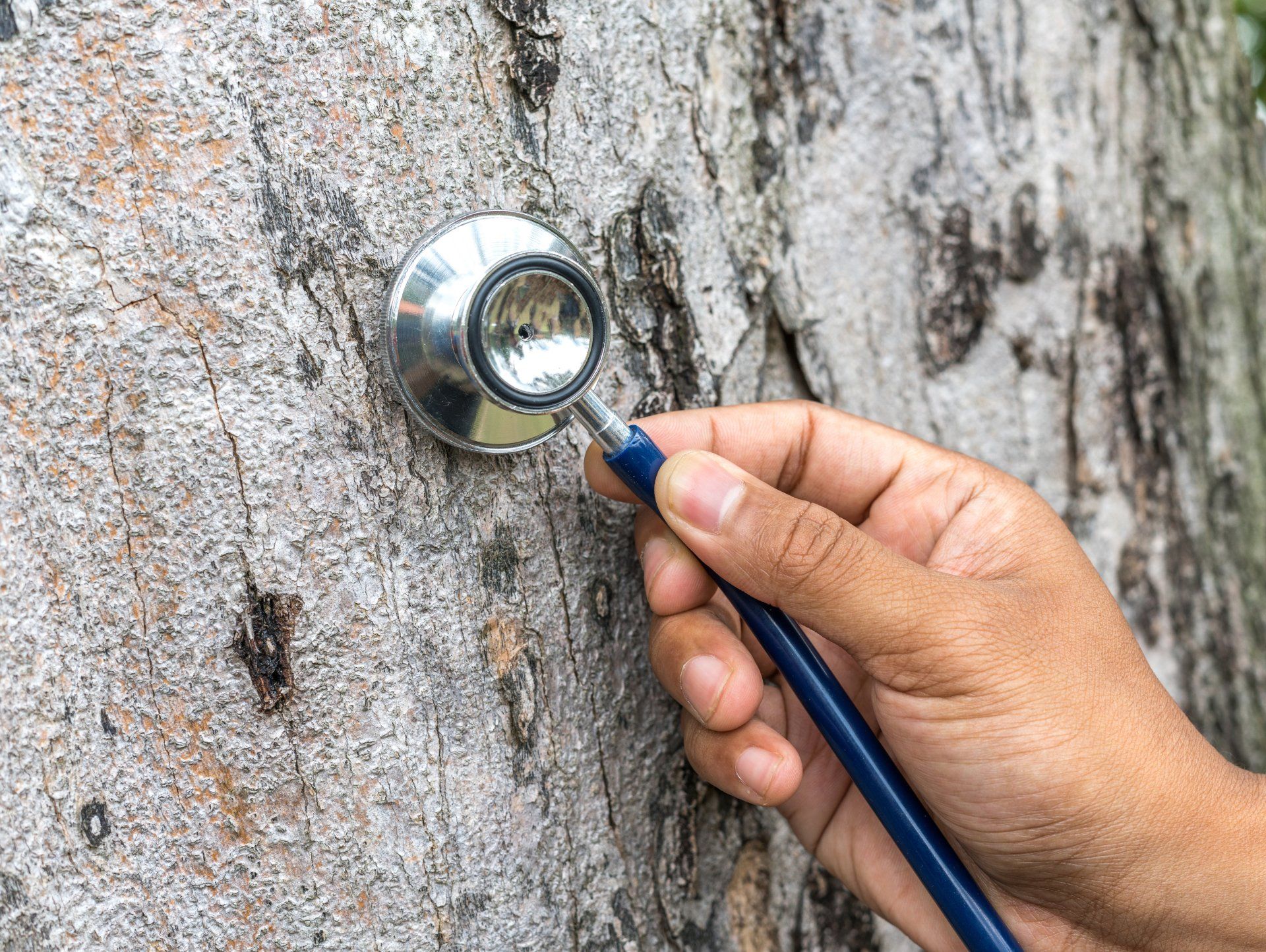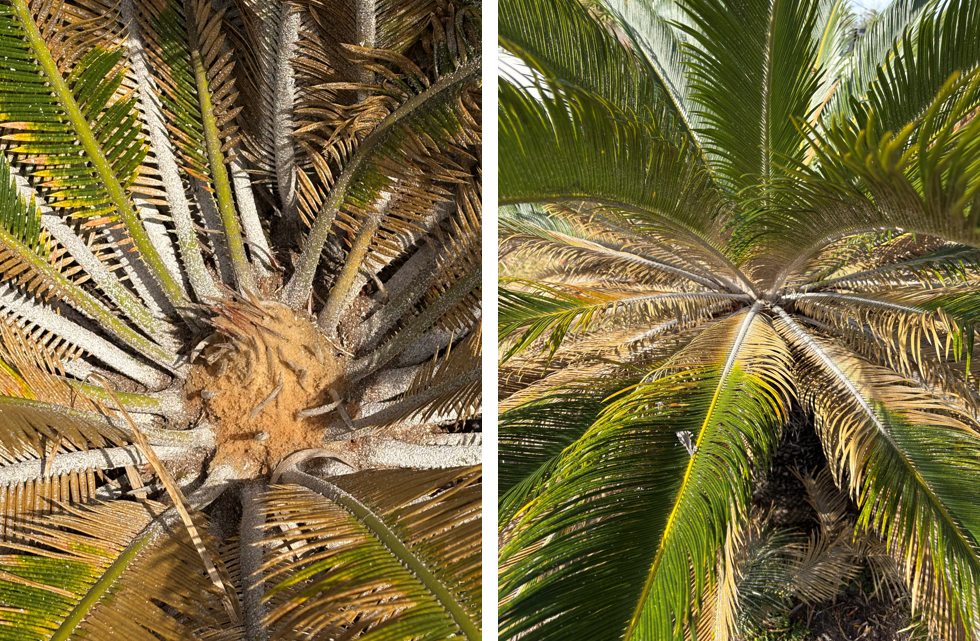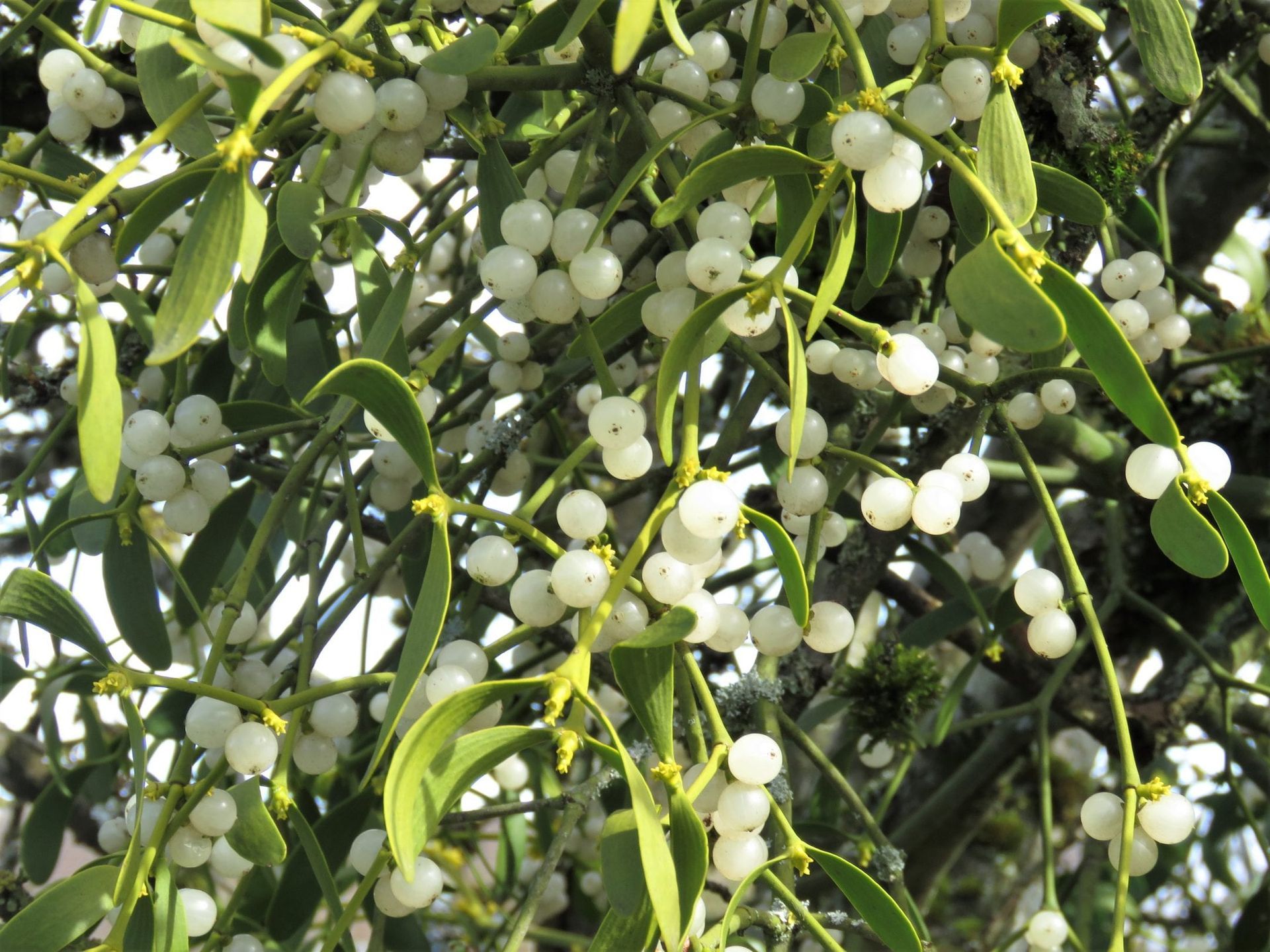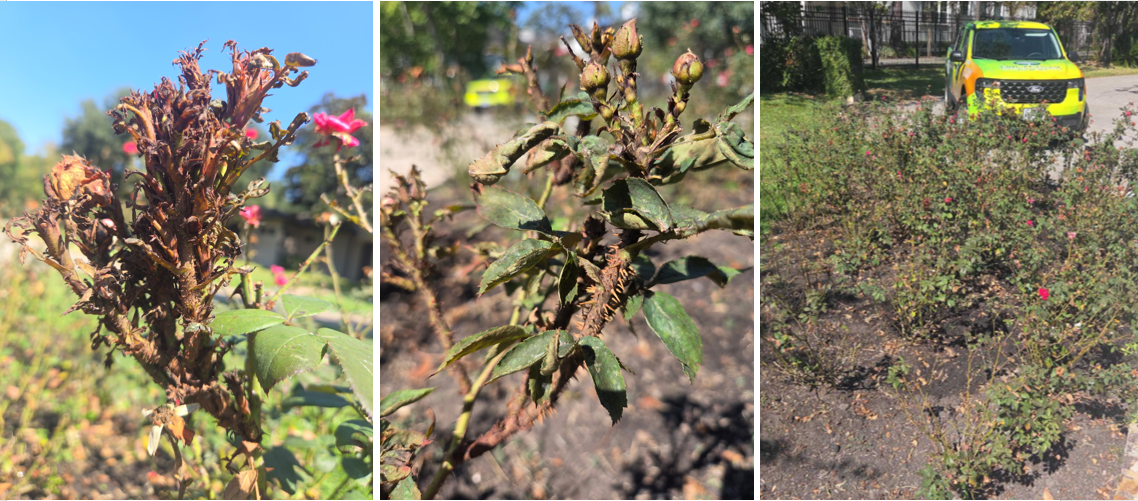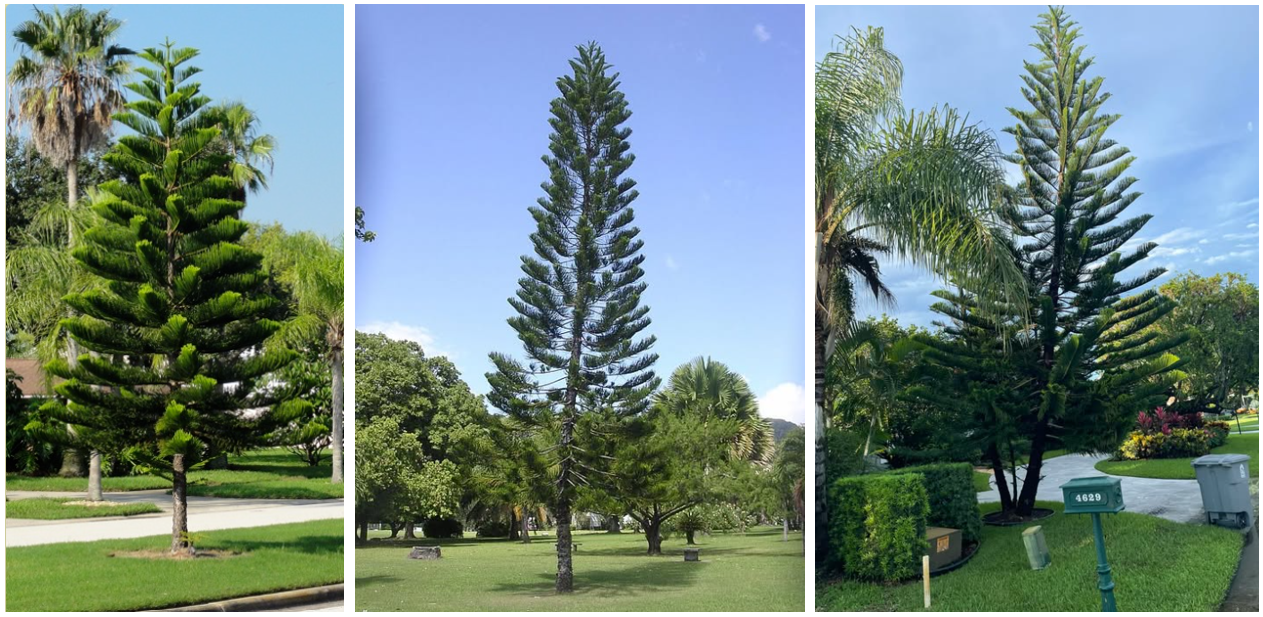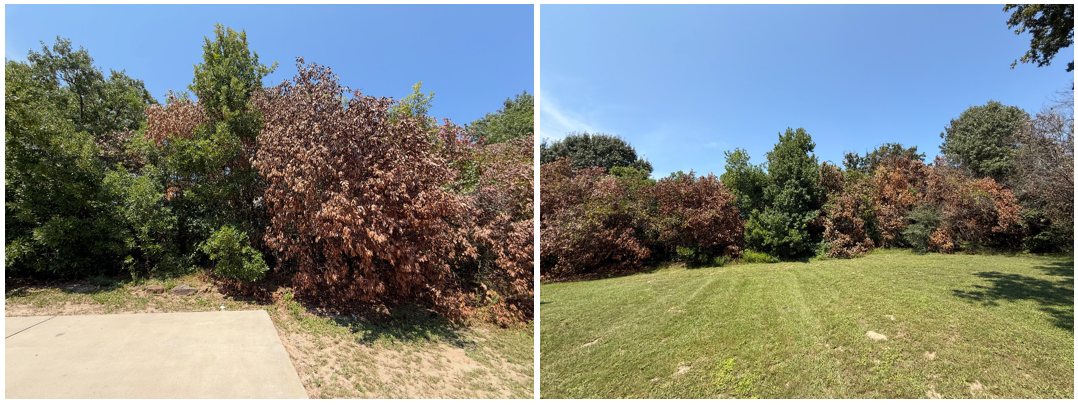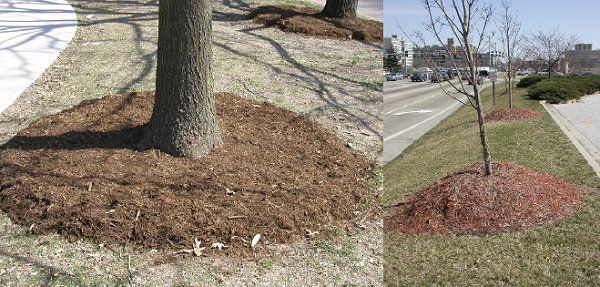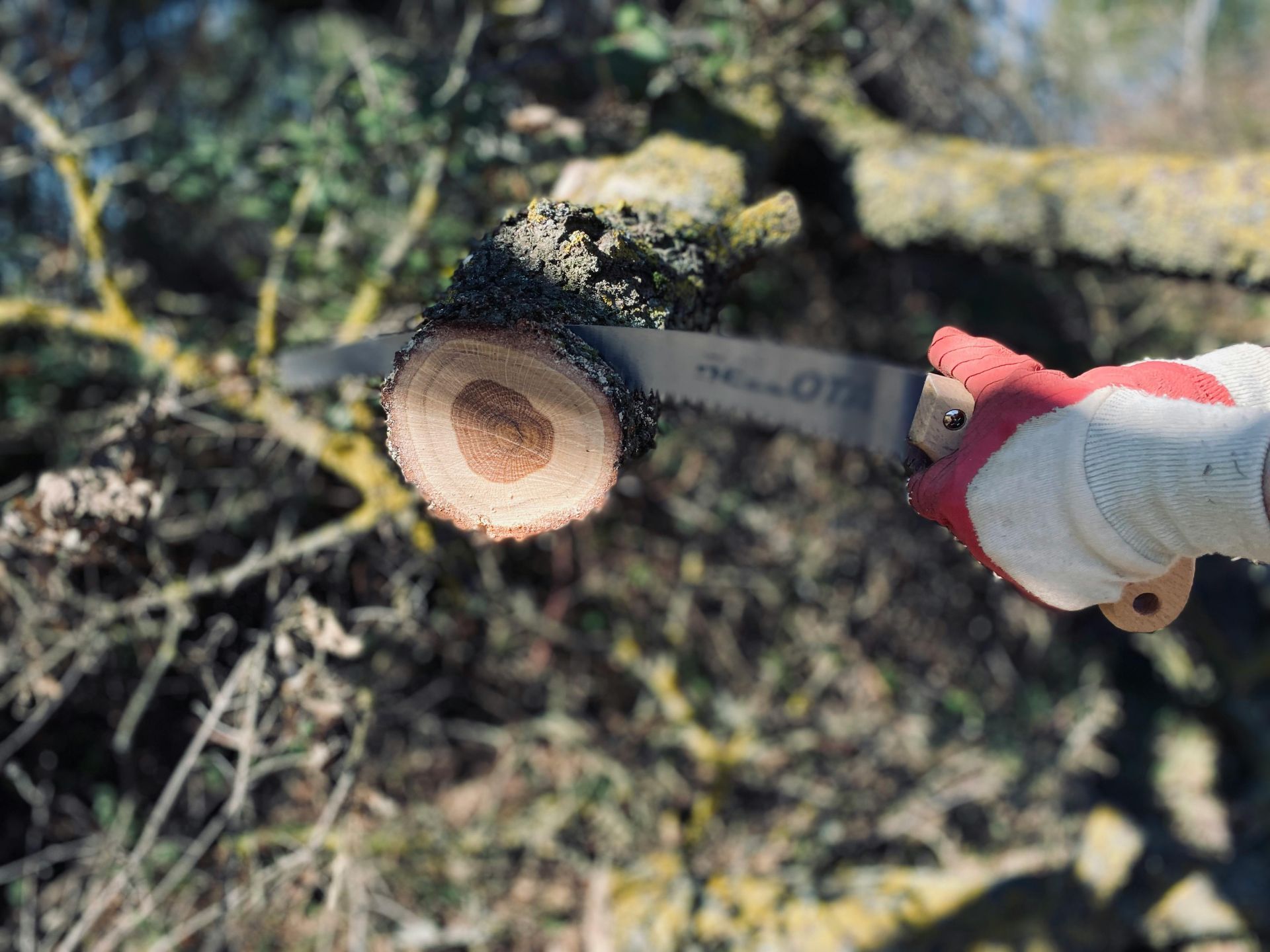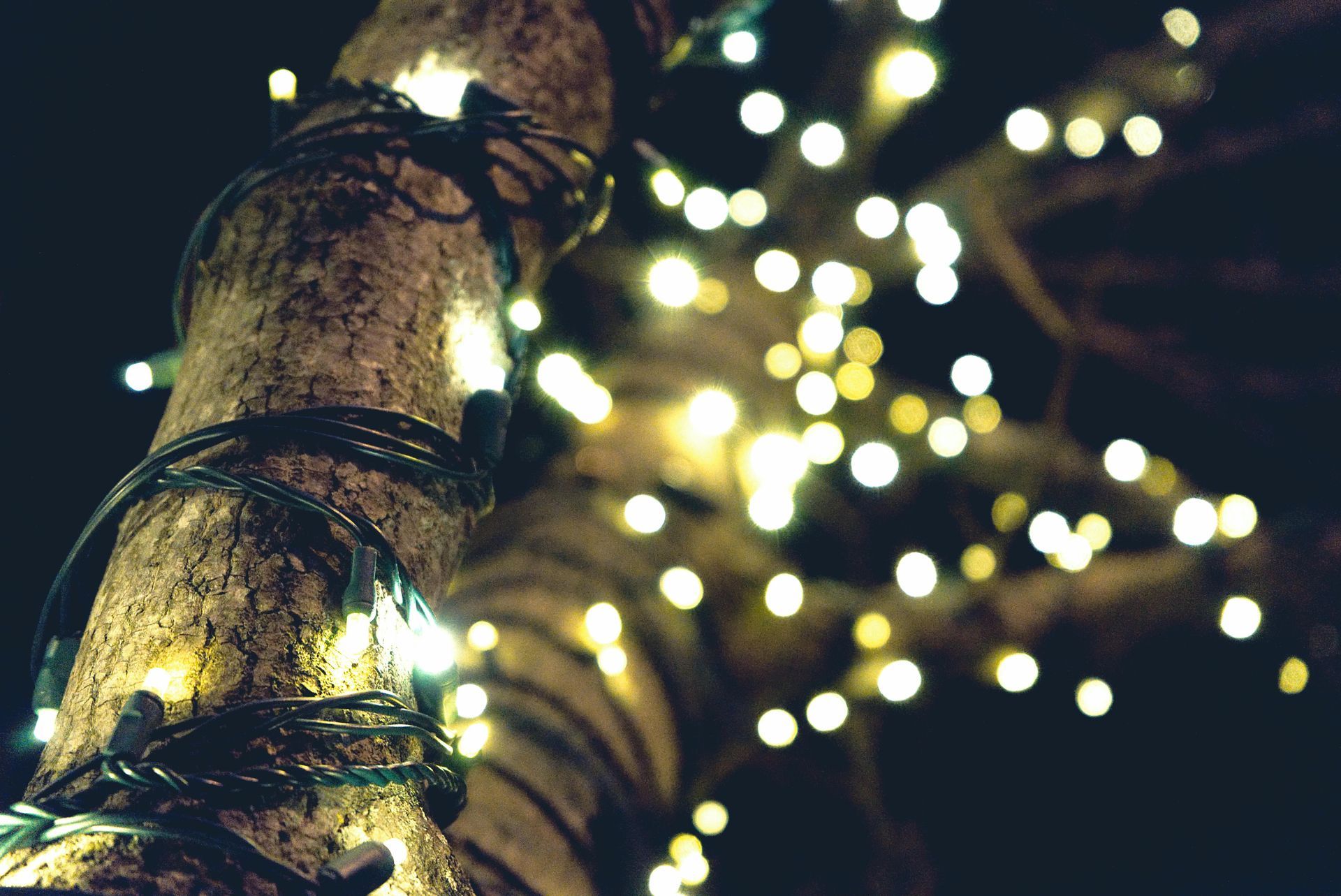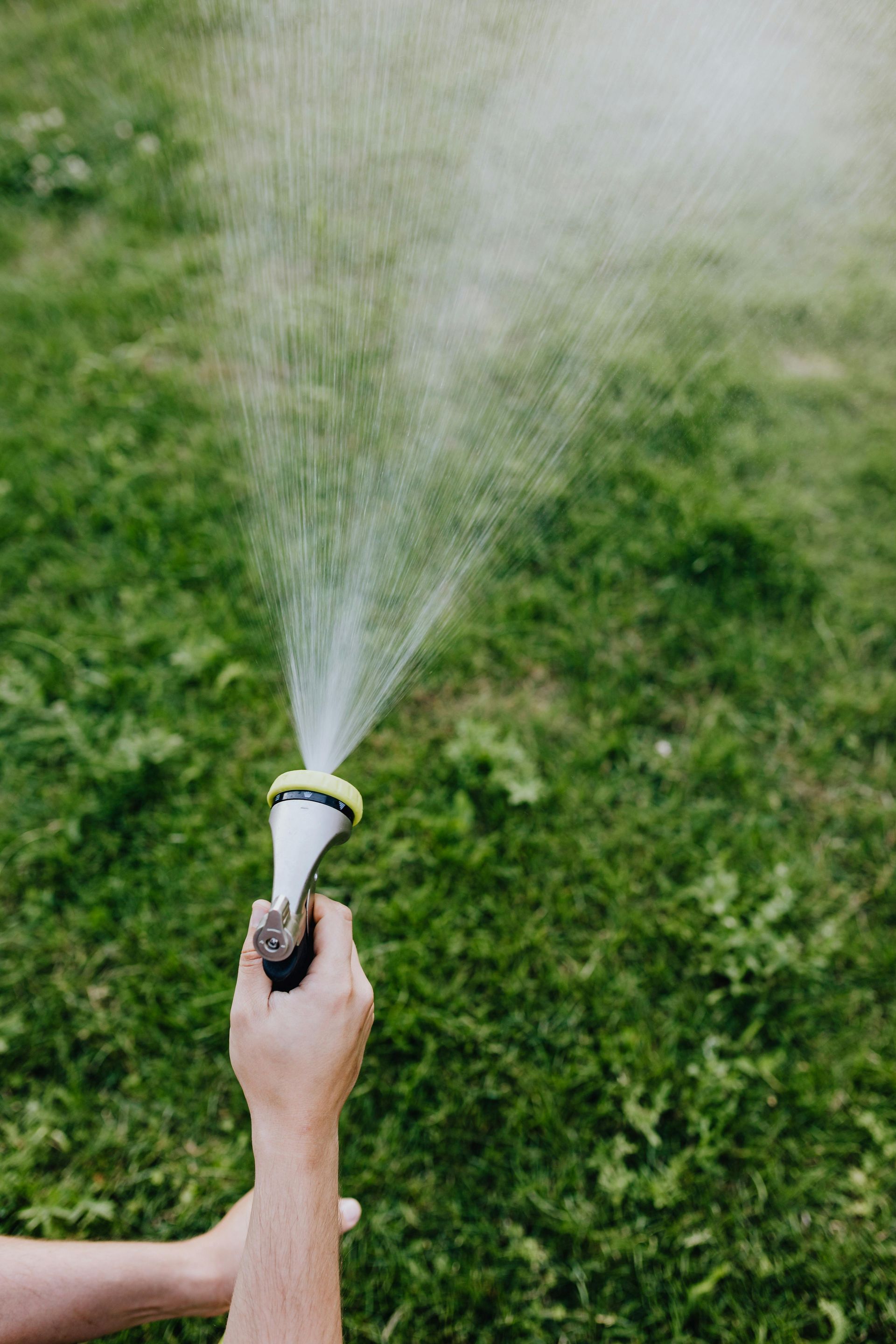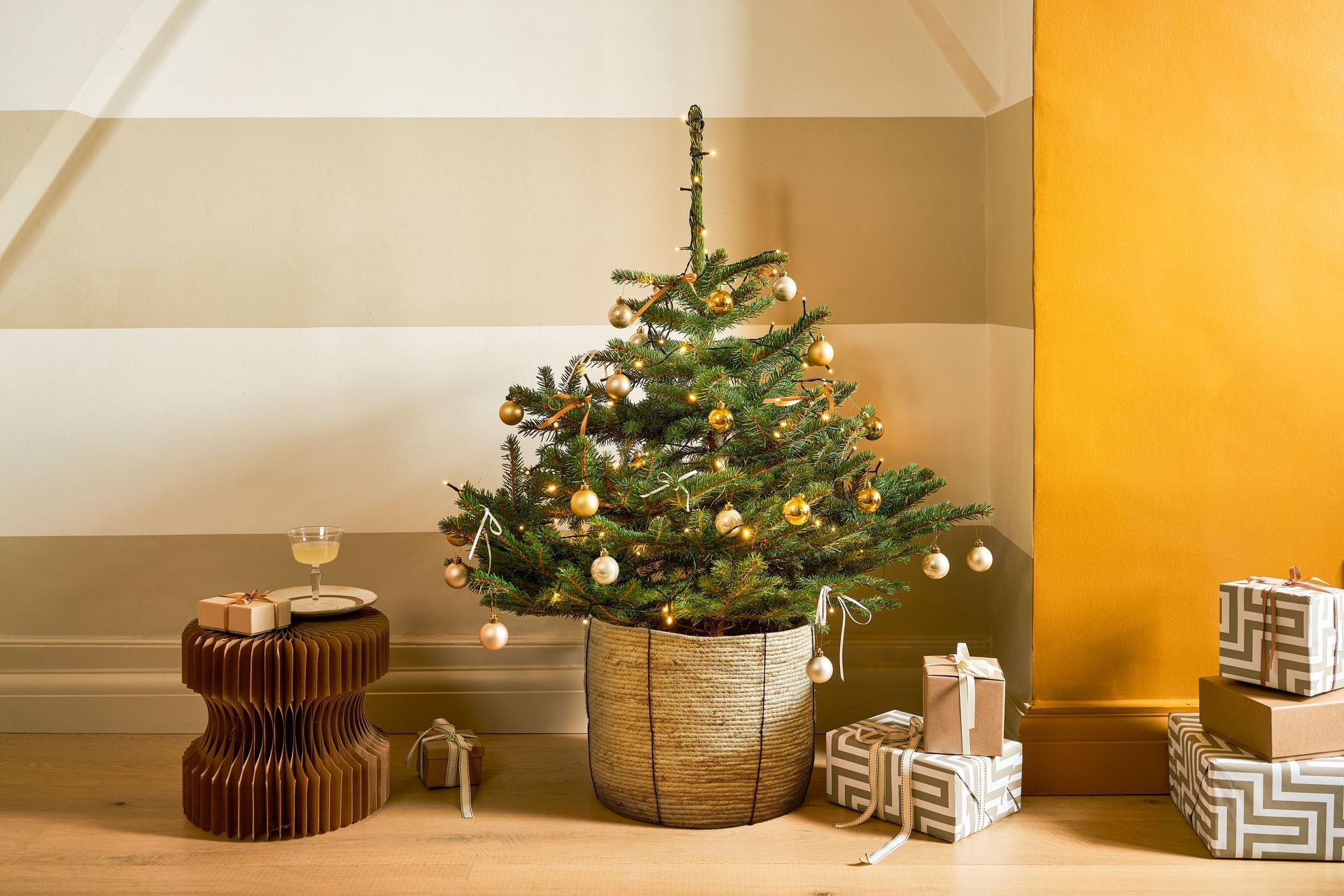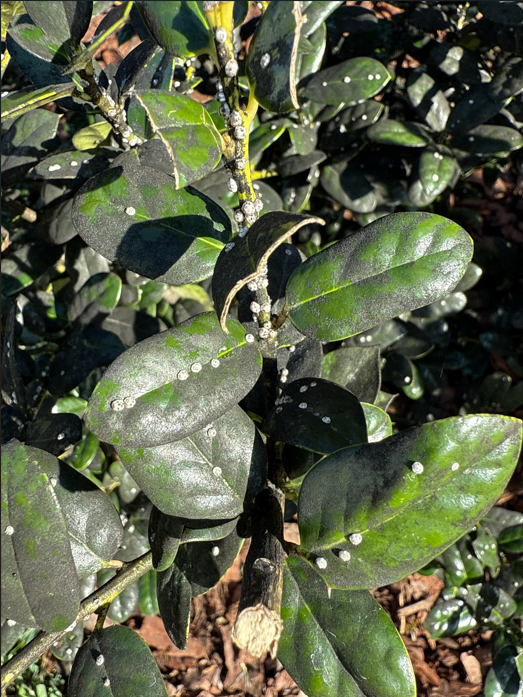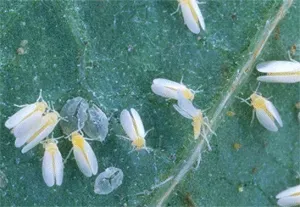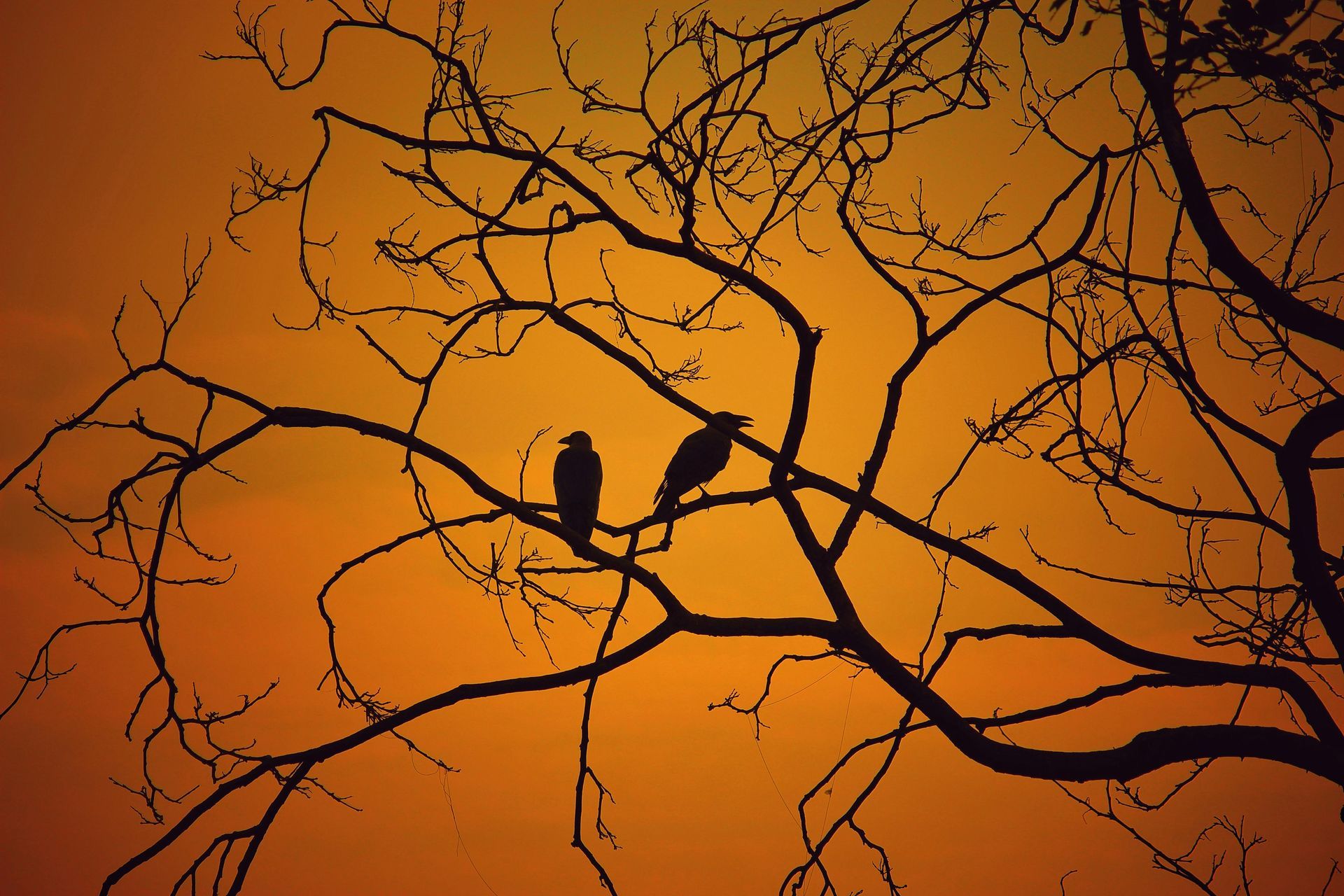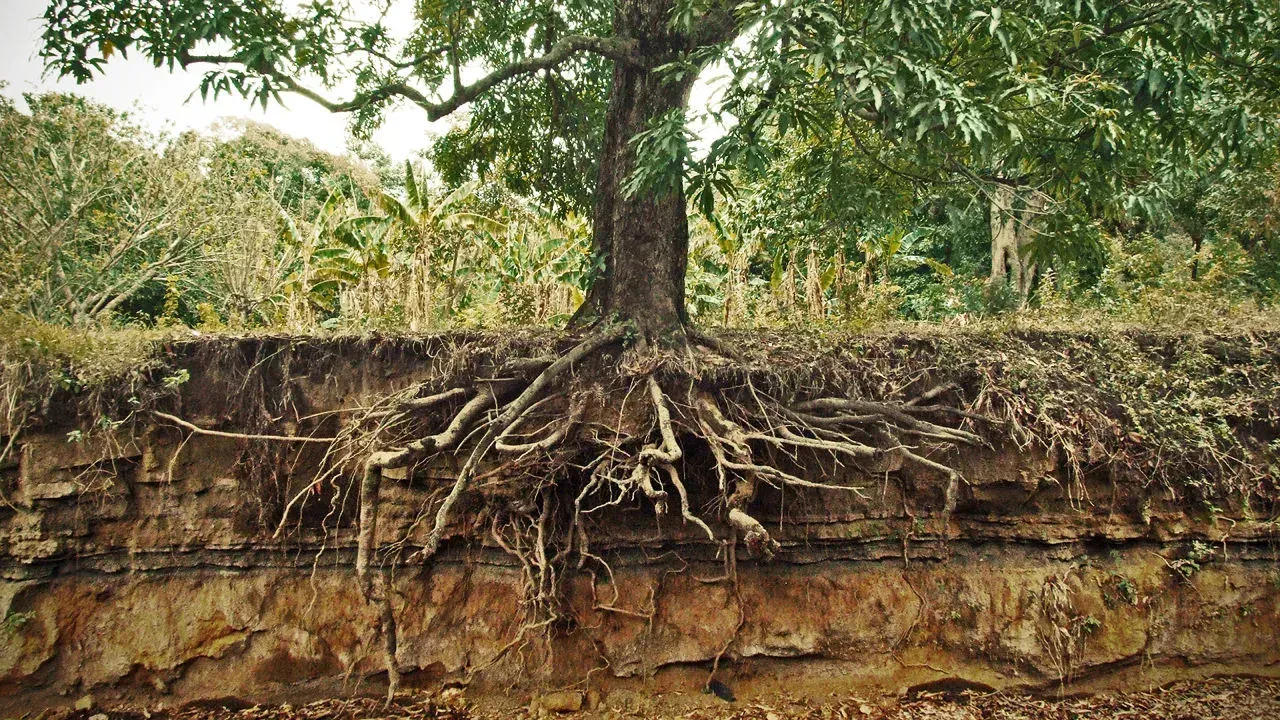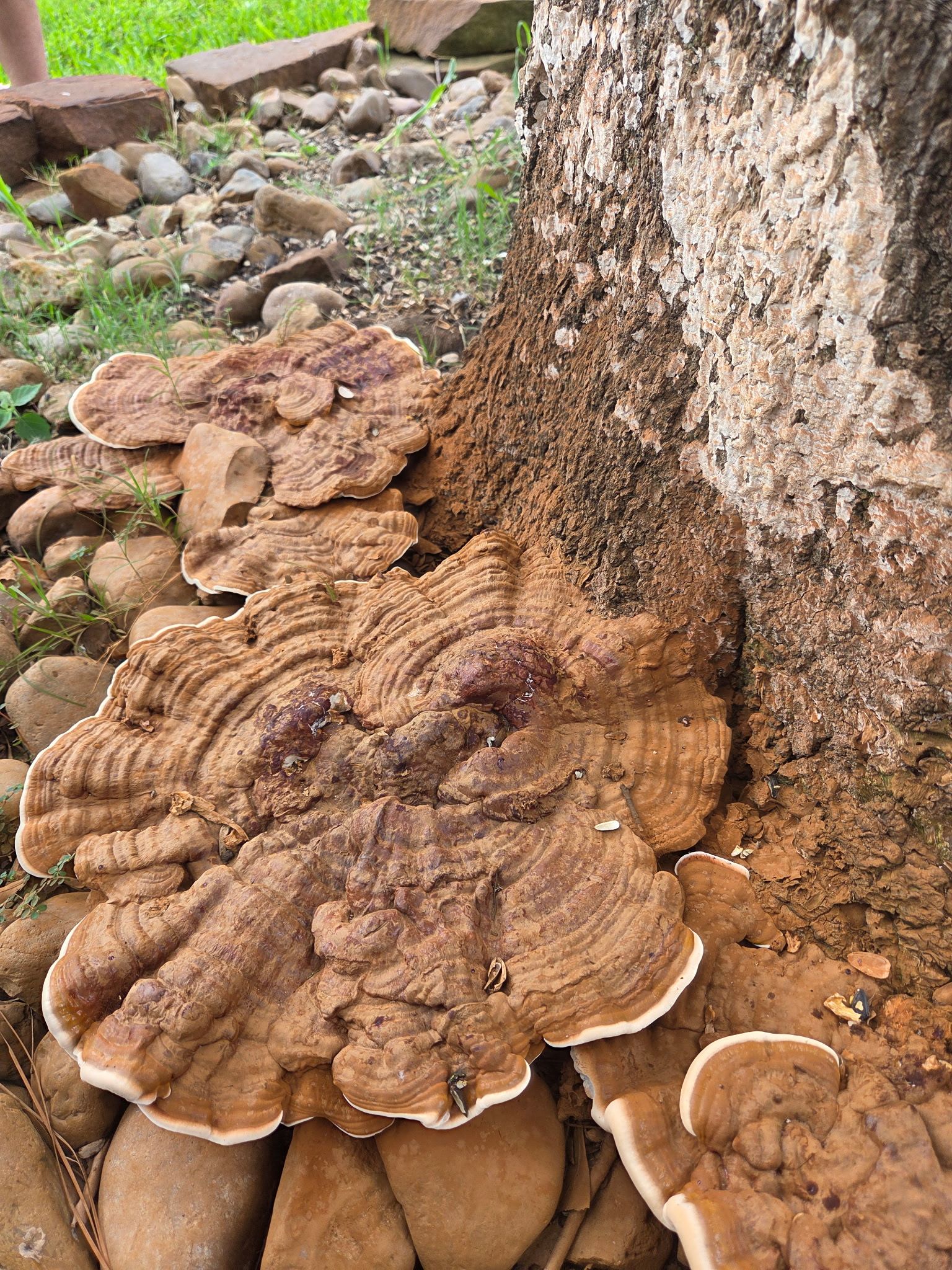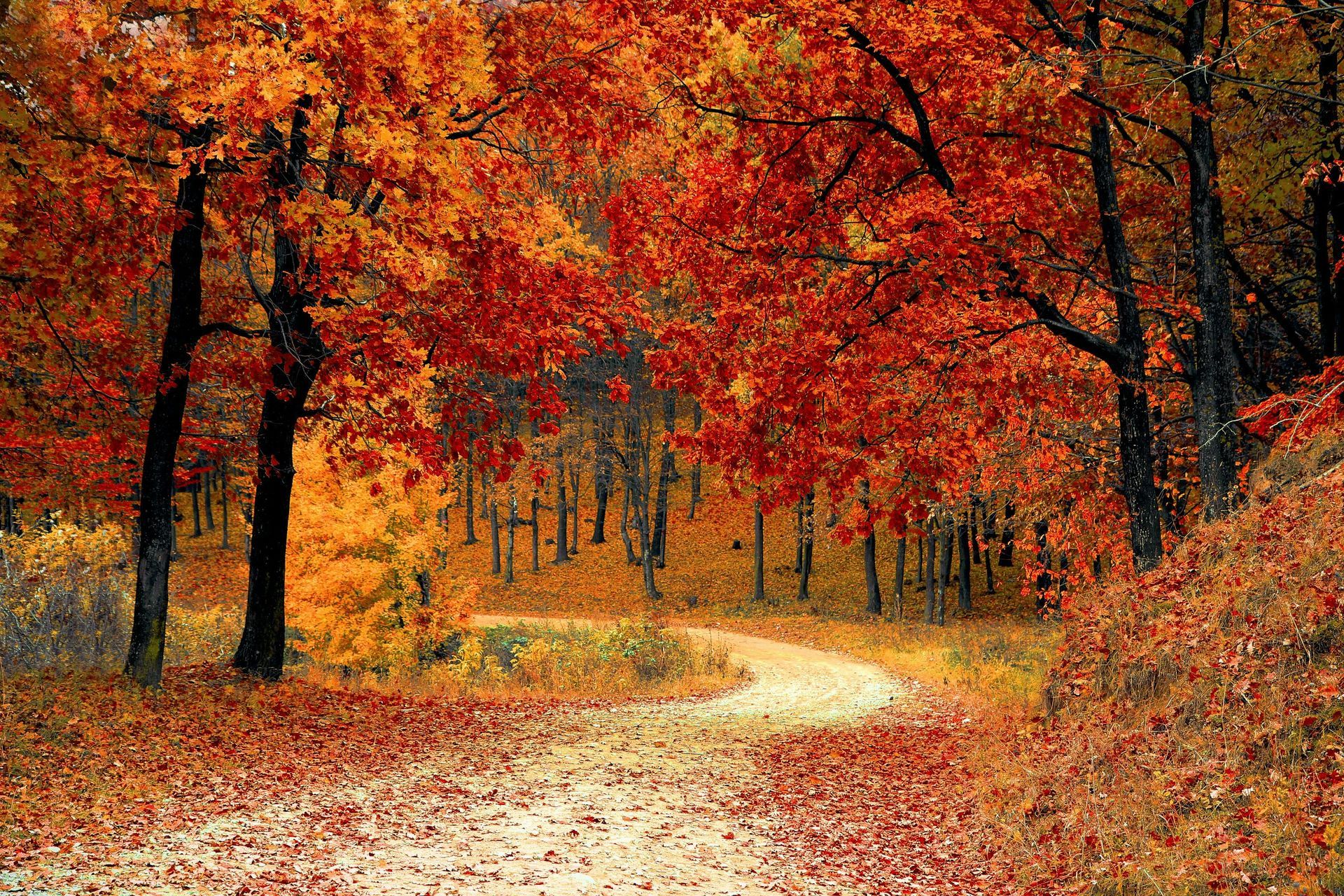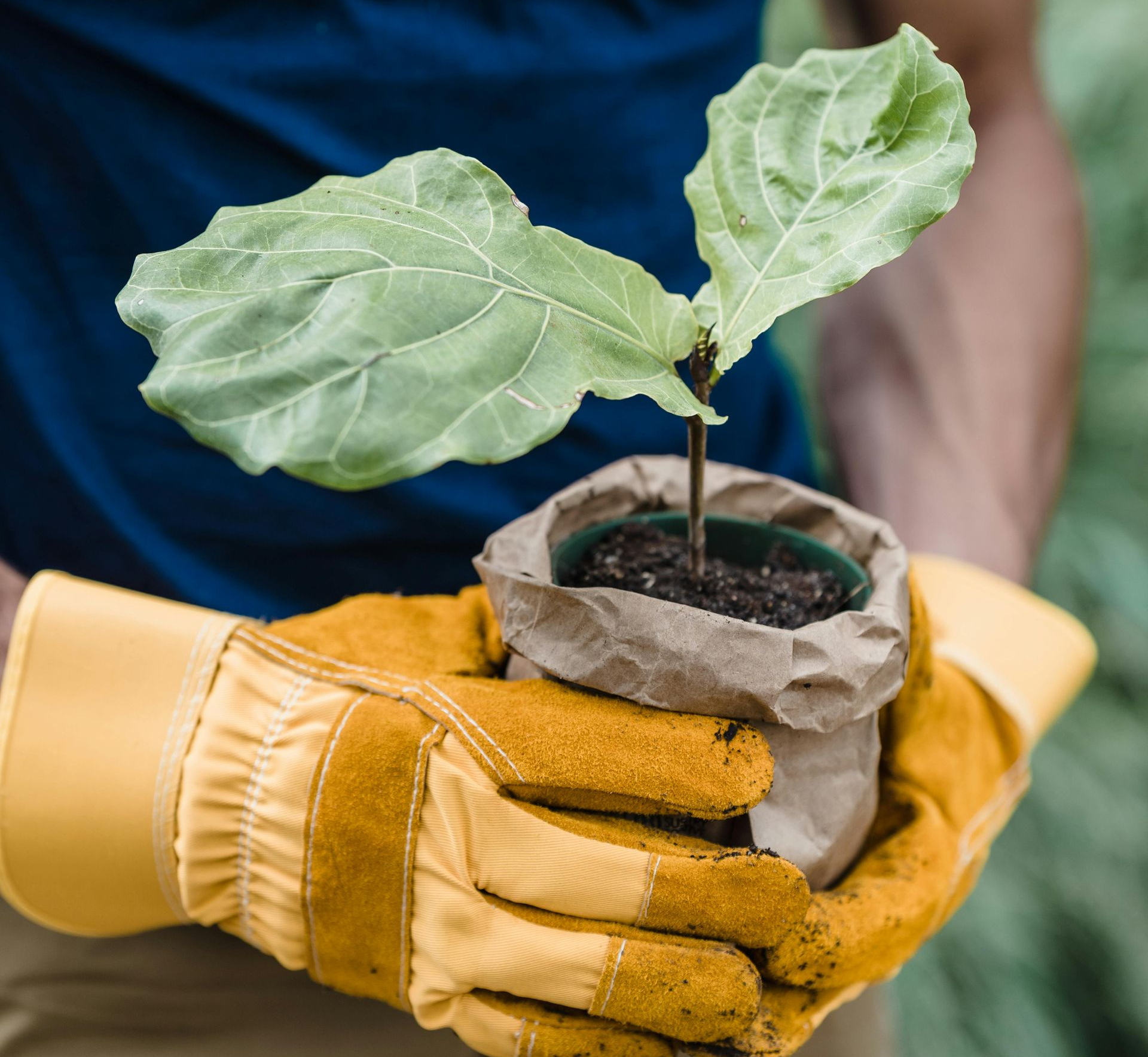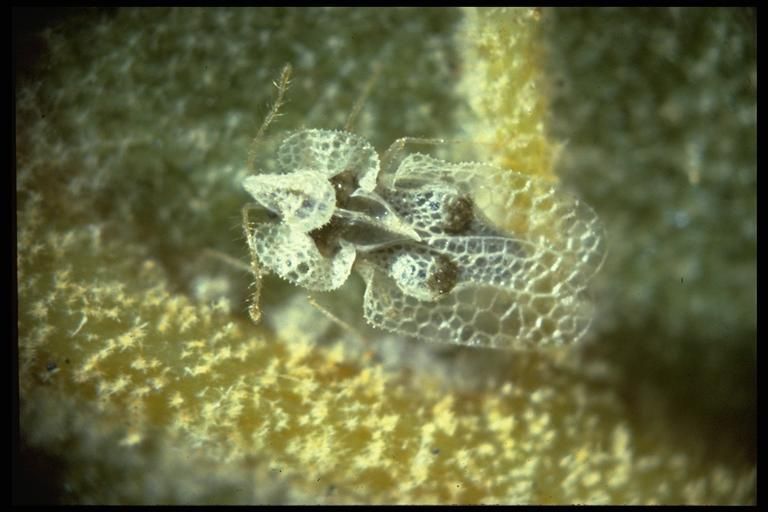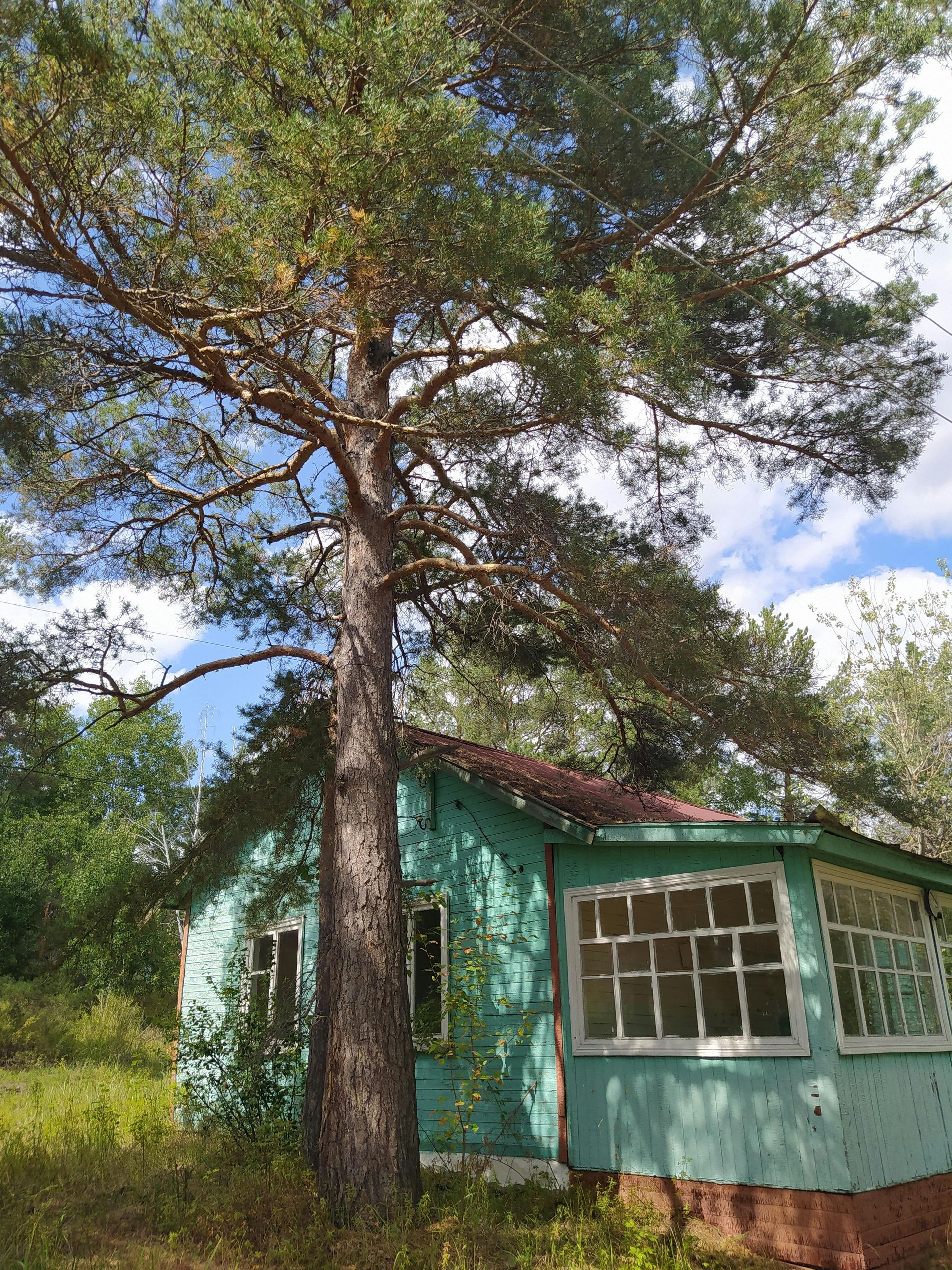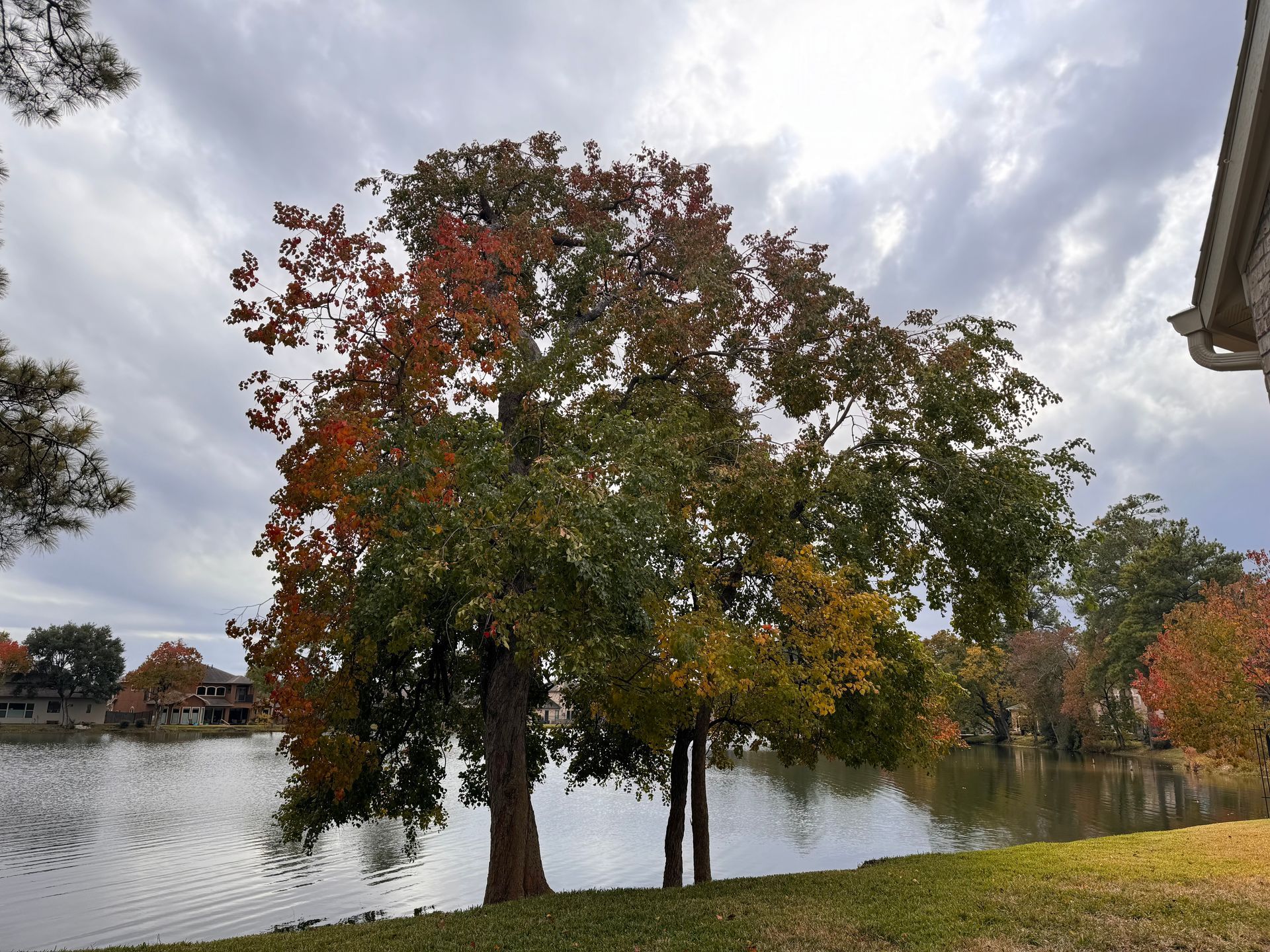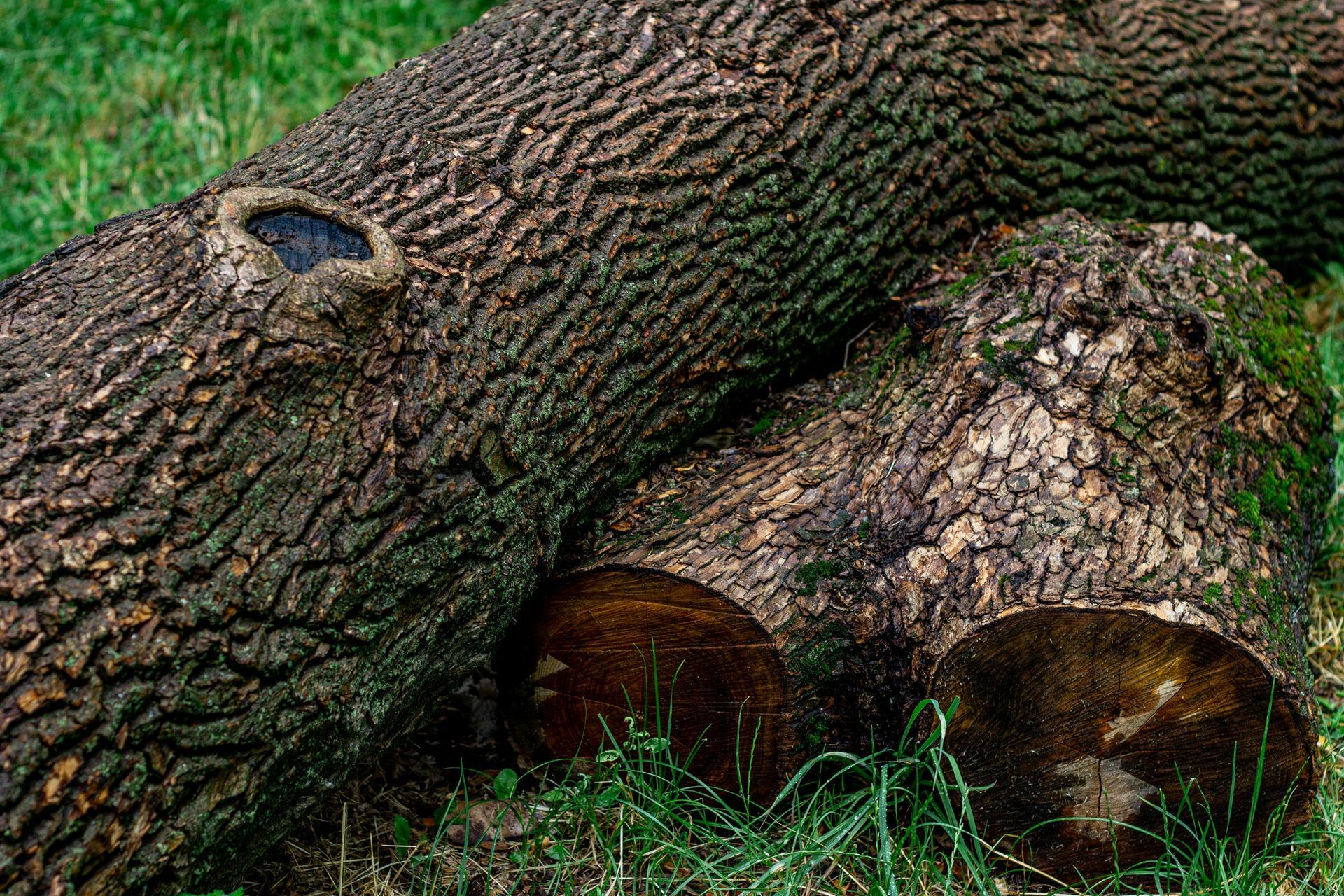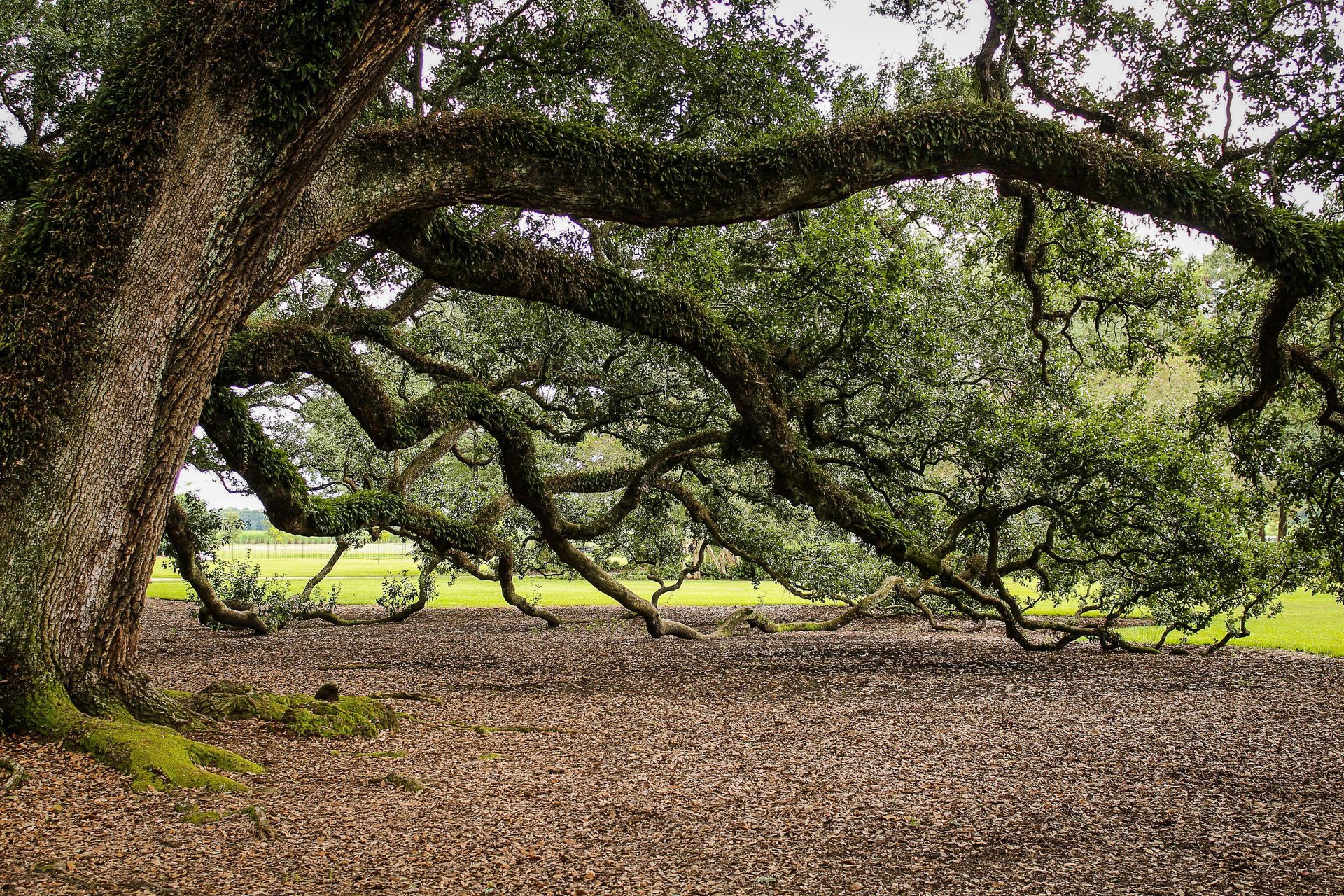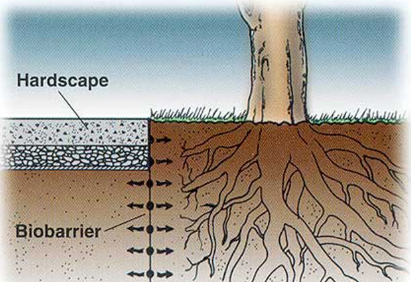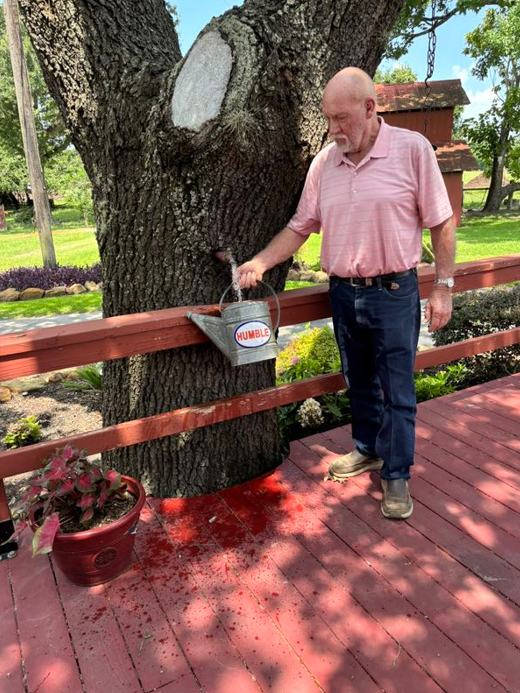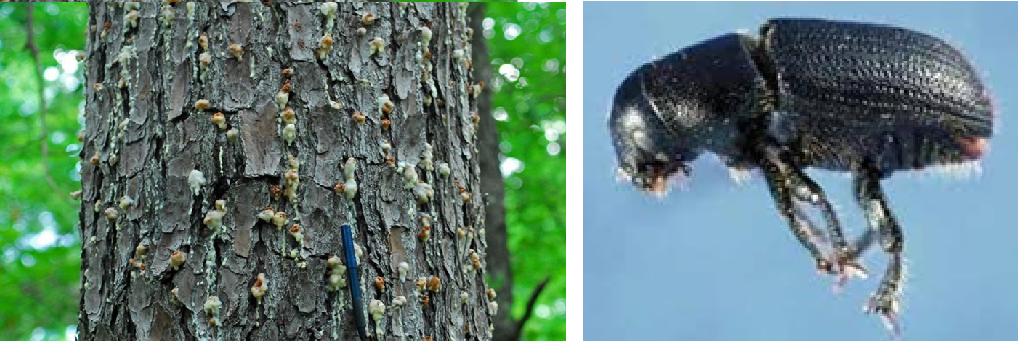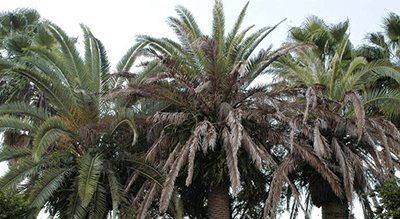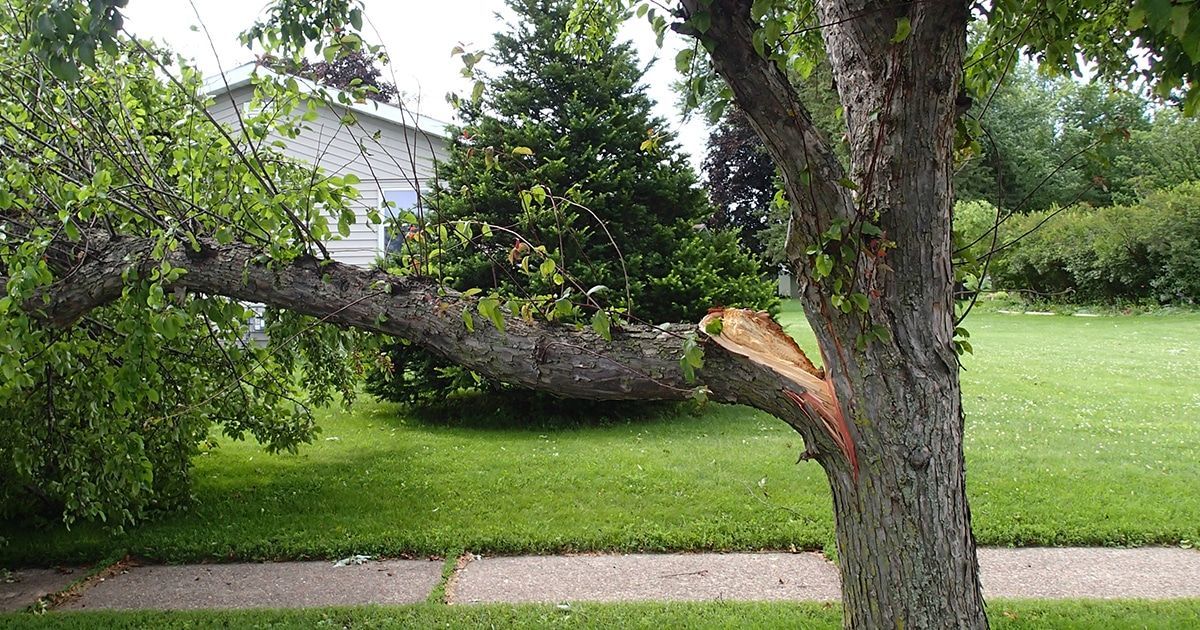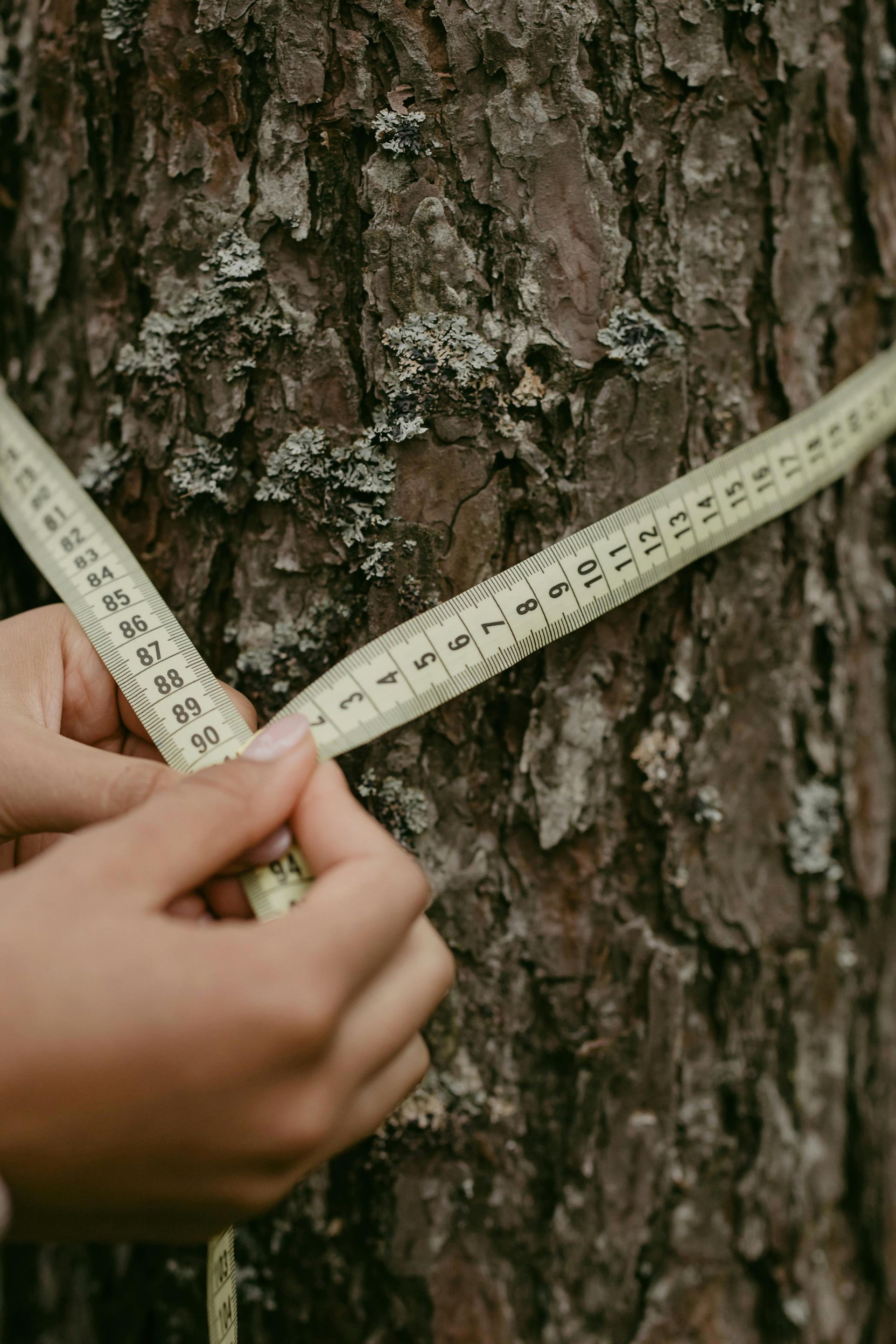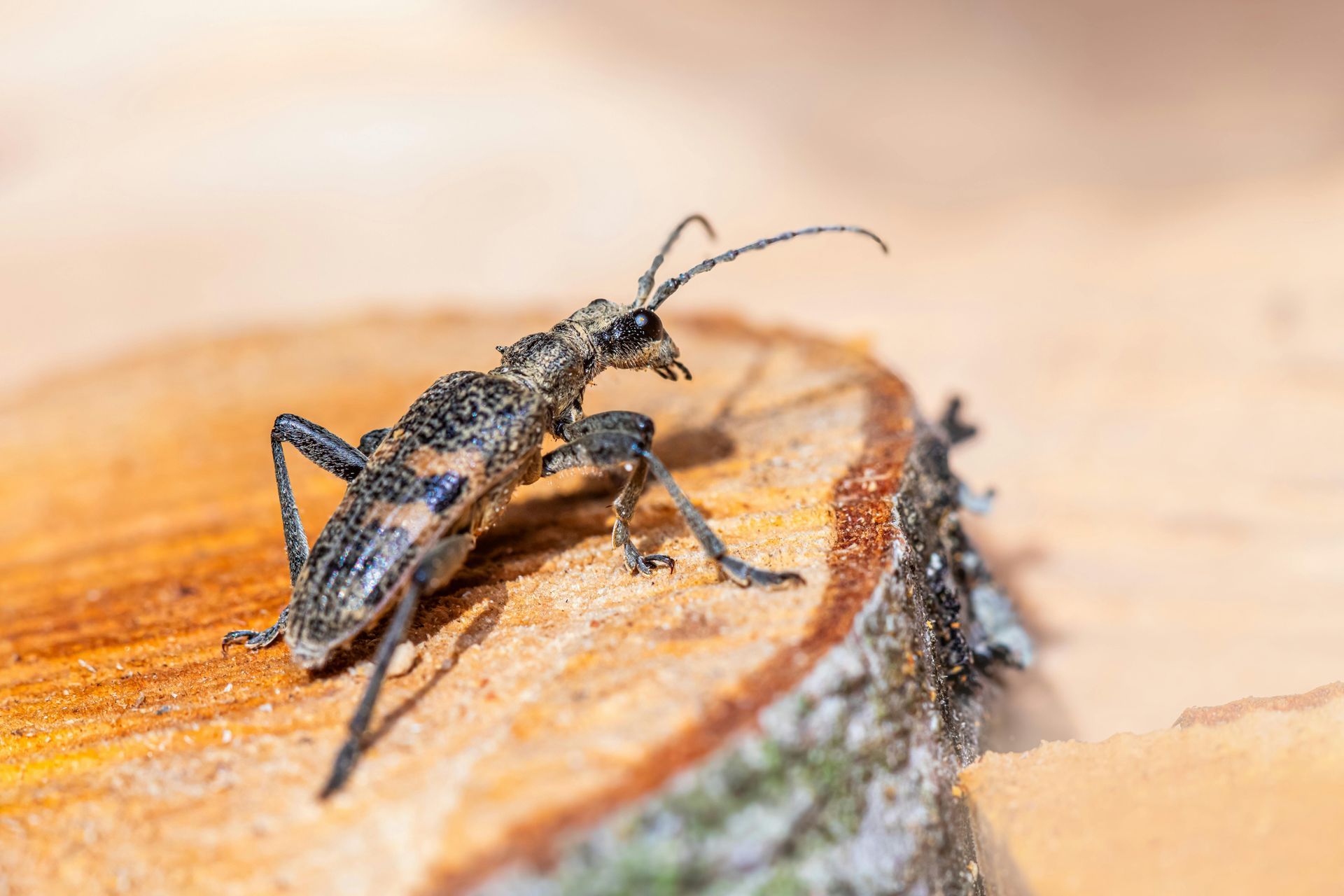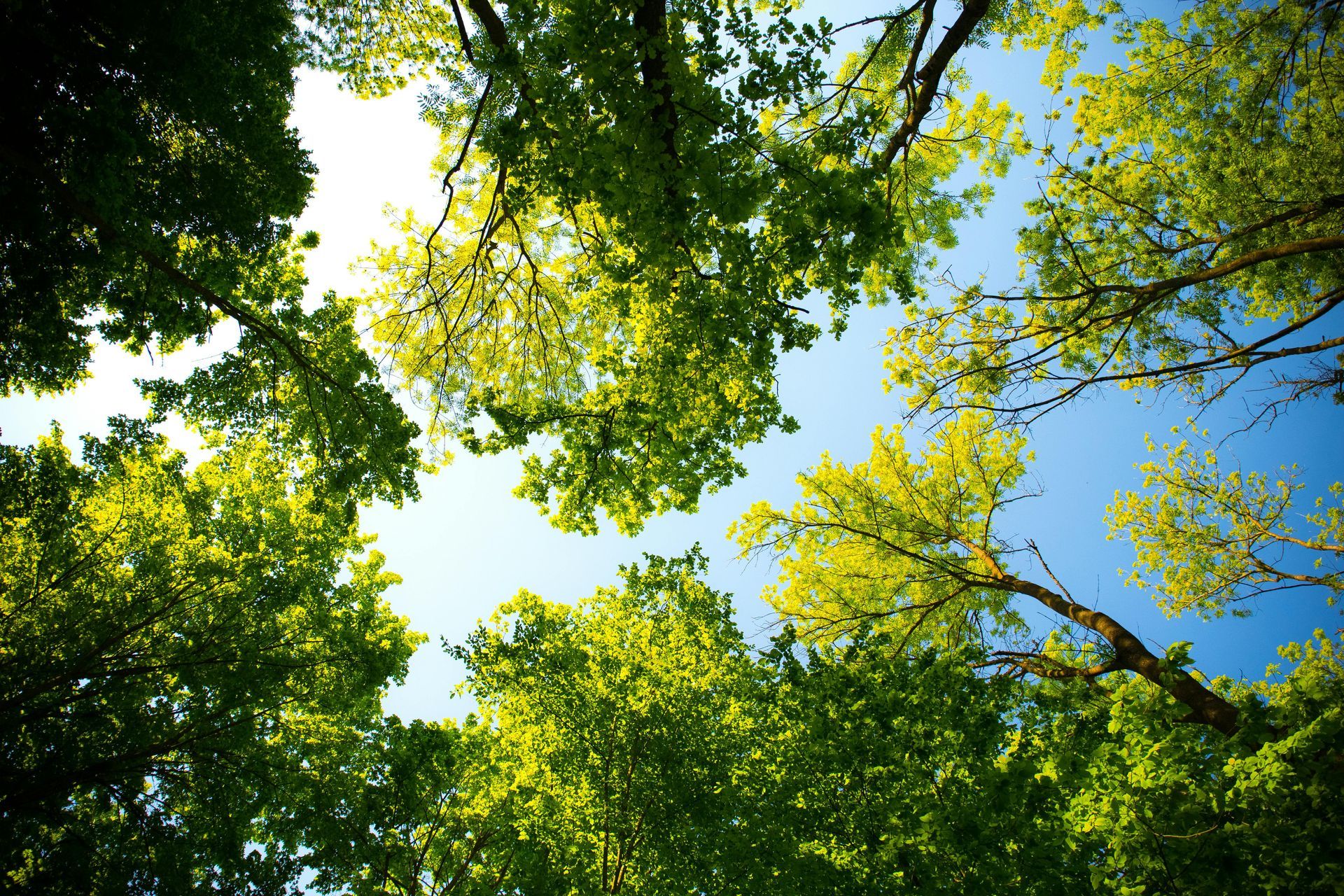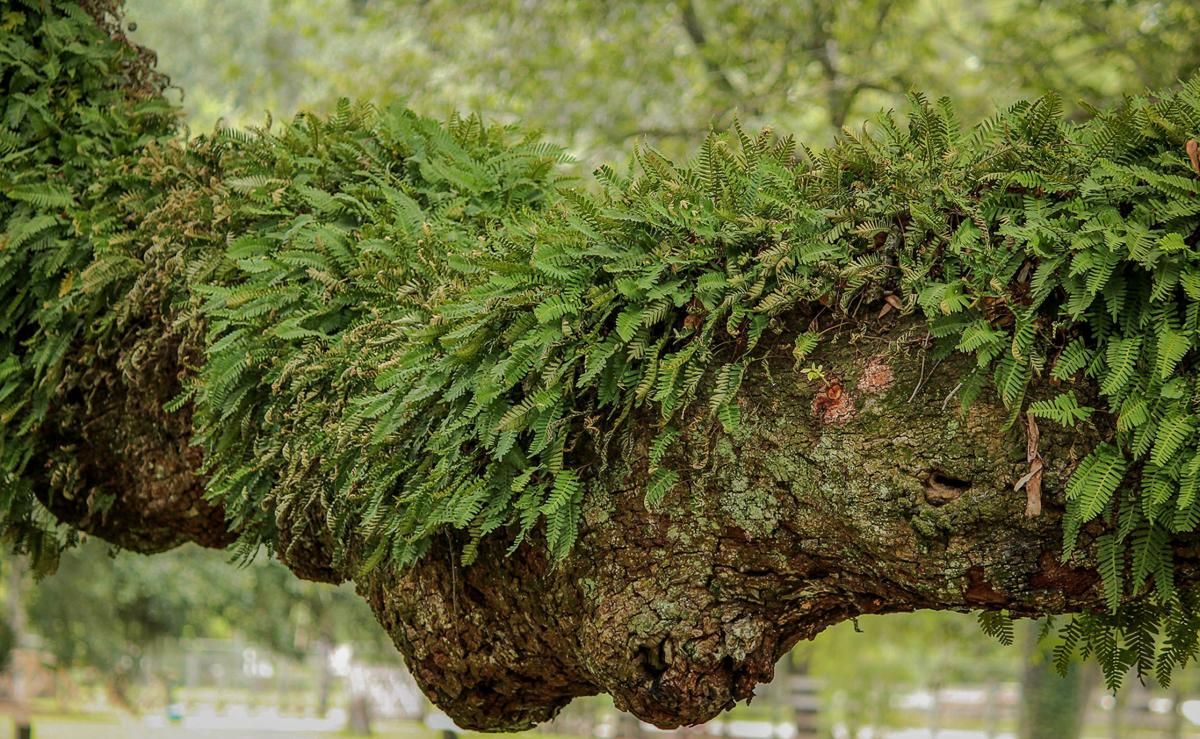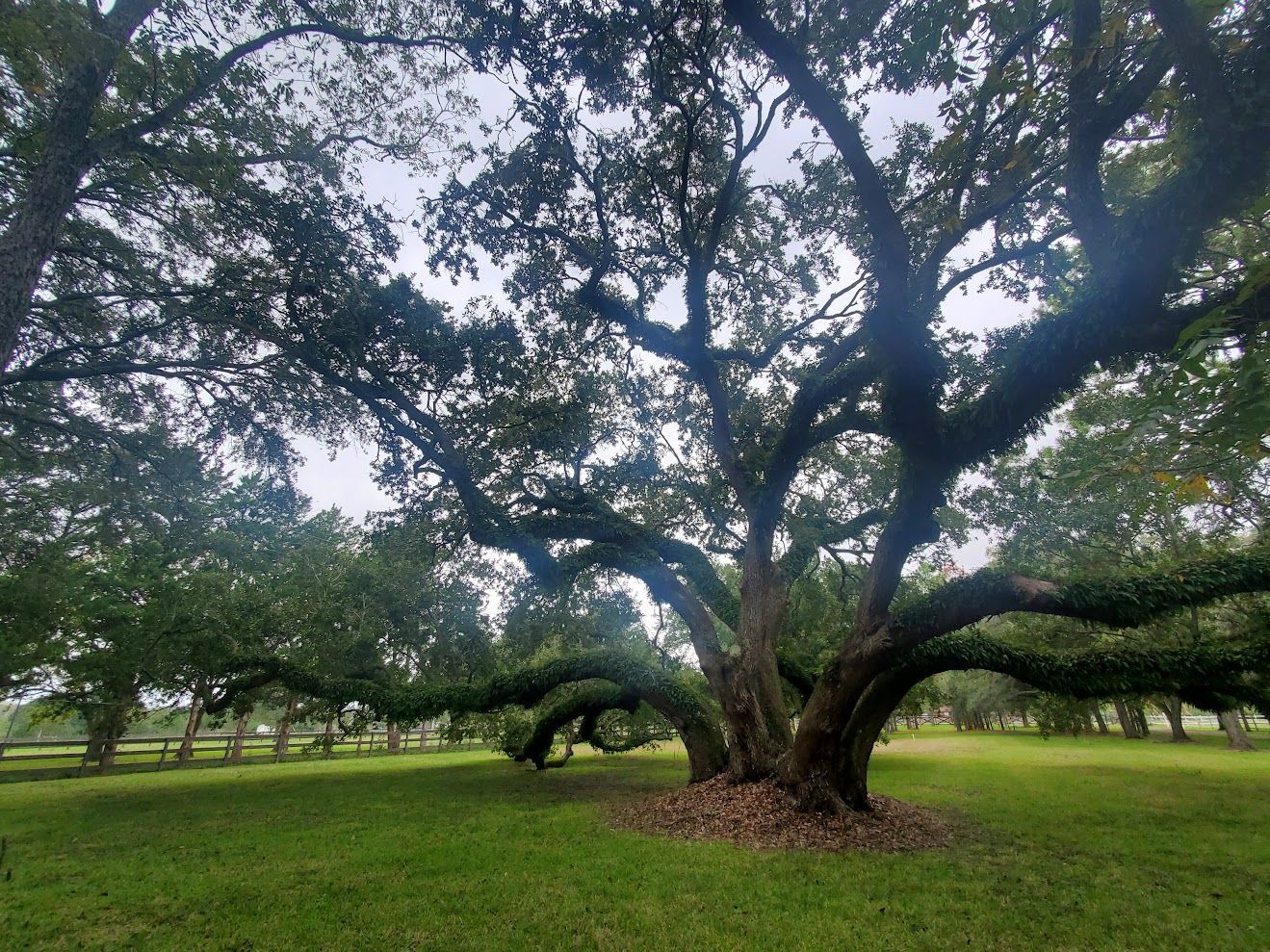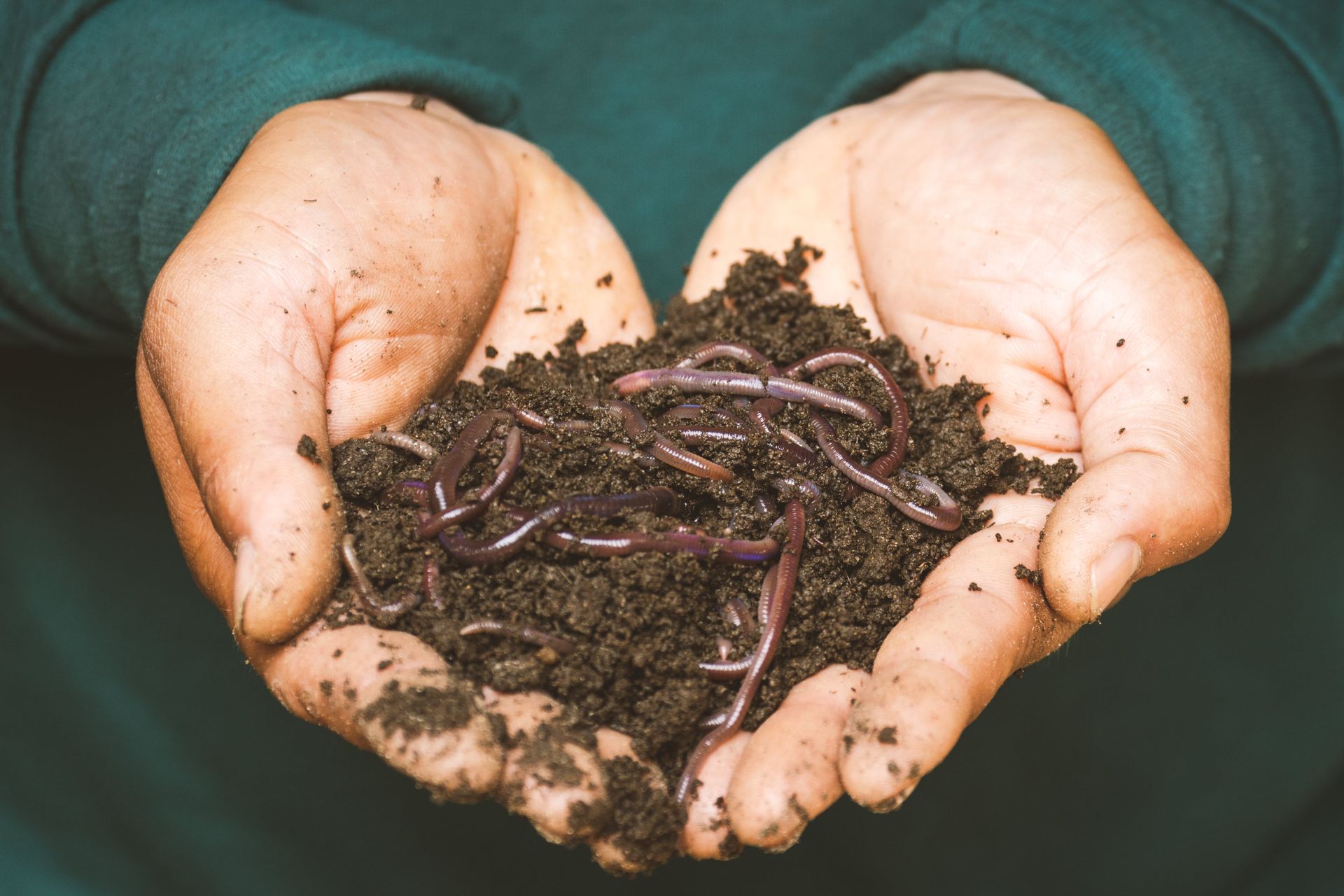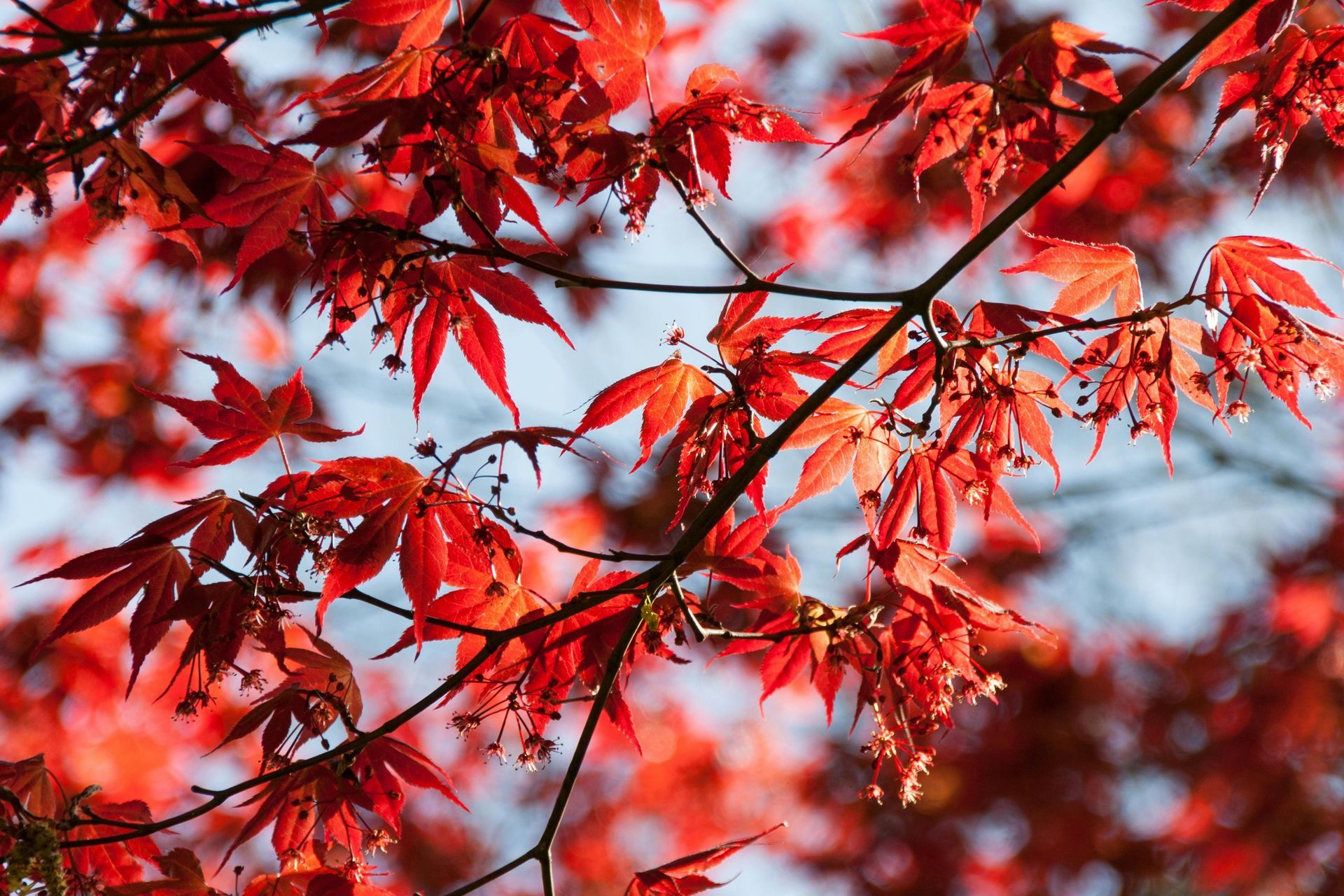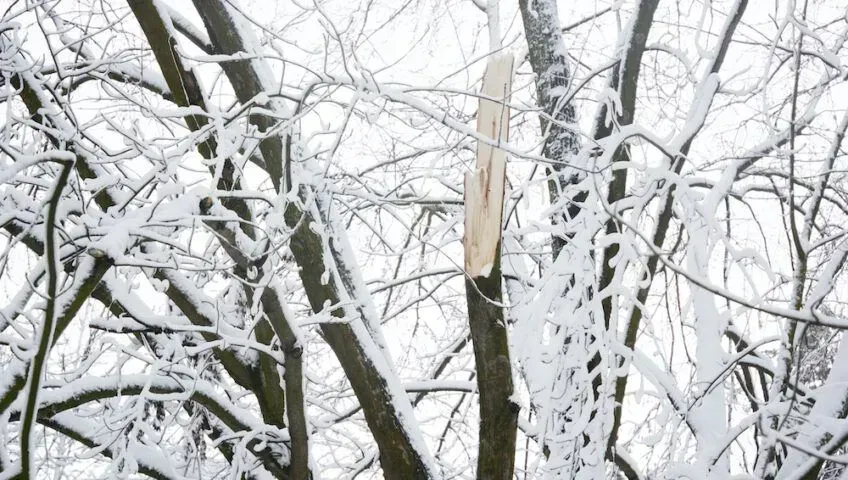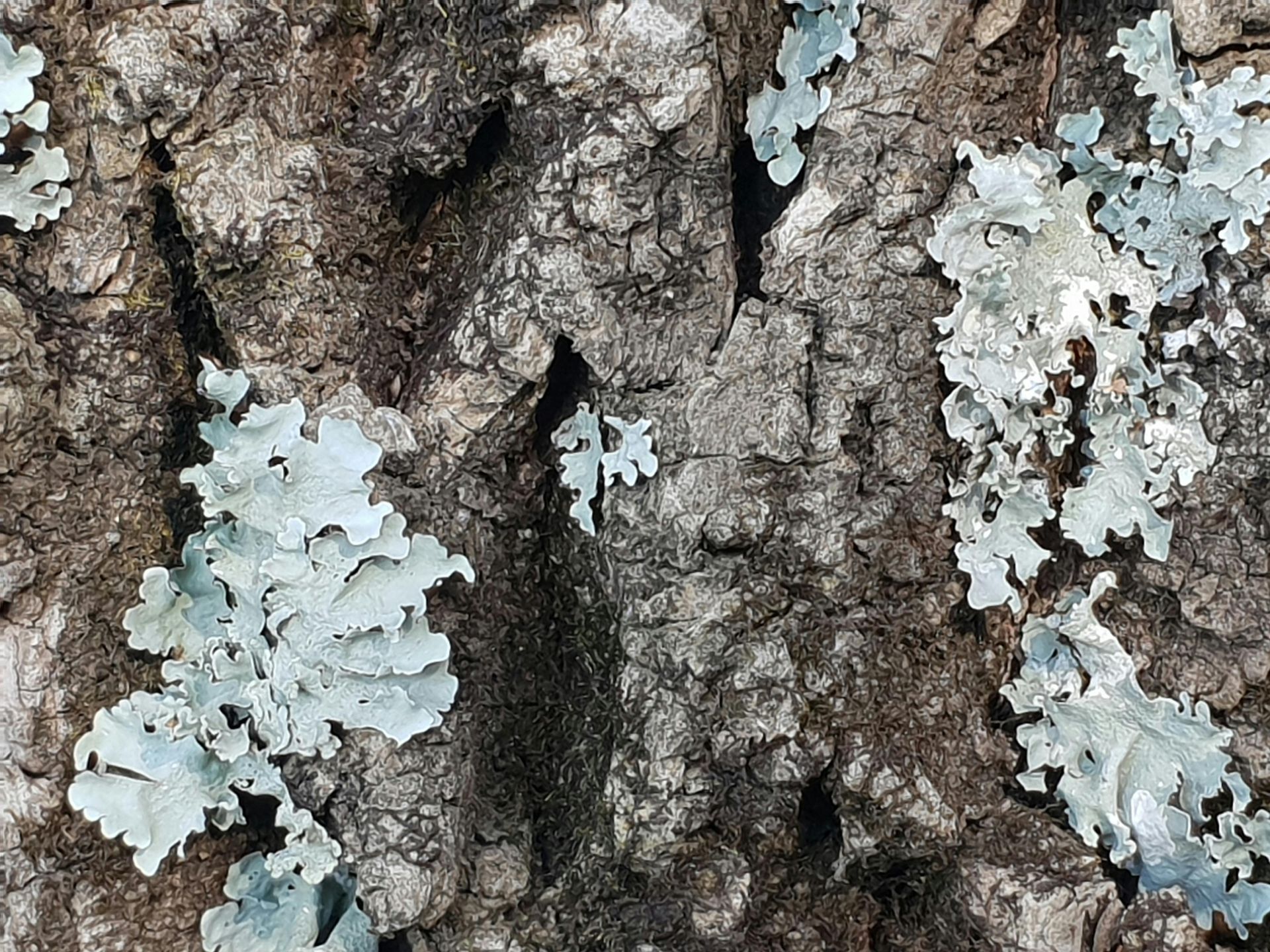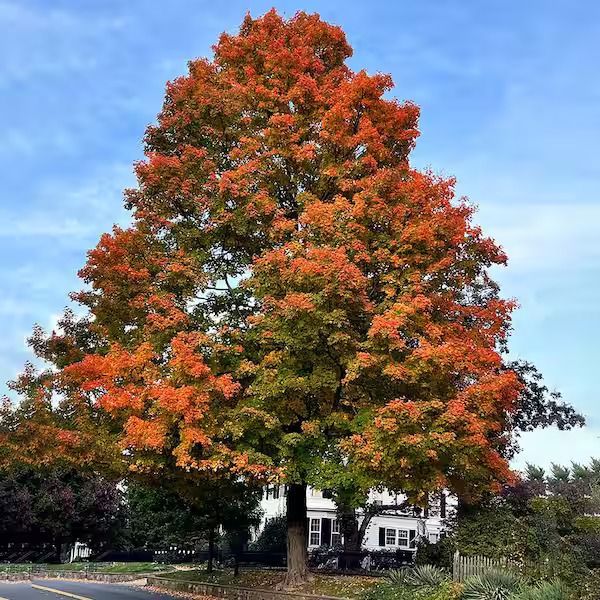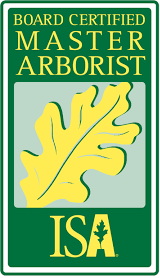Liriope's Muse - Tree Care Tips From A Master Arborist
Liriope's Muse - World Bee Day: What Trees Have to Do with Saving the Bees
Today is World Bee Day, and while most people think of flowers when they think of bees, we want to take a moment to talk about how important trees are in keeping our pollinators healthy and thriving.
Today, on World Bee Day, we’re taking a moment to spotlight these tiny pollinators that make a massive impact. Bees are responsible for pollinating more than 75% of the world’s flowering plants and about 35% of the crops we eat. Without them, our ecosystems—and our food supply—would look very different.
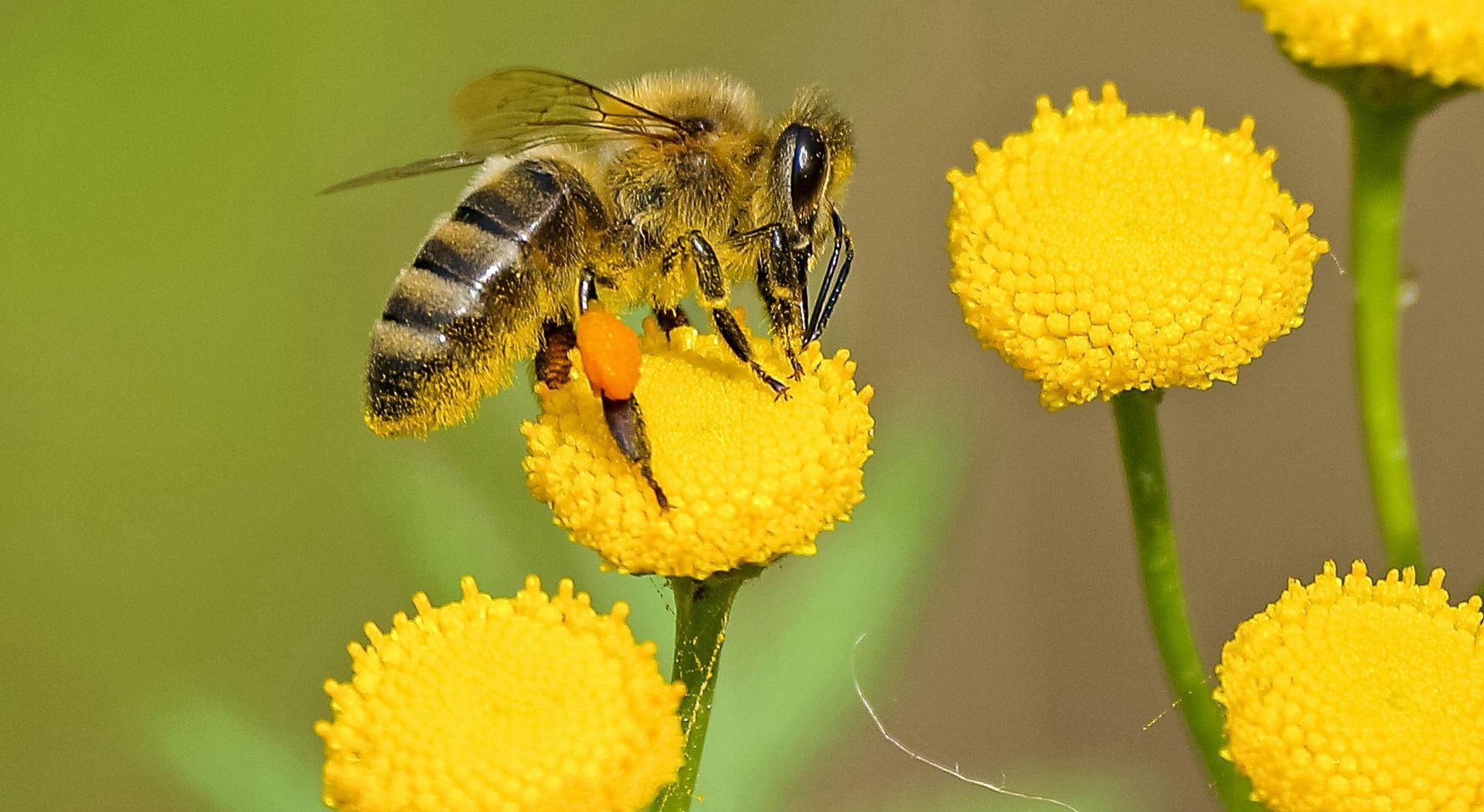
So, where do trees fit into this?
Trees and bees are natural partners. Here’s how:
Trees Provide Food: Many native trees—like redbuds, willows, maples, hollies, and magnolias—offer nectar and pollen that bees depend on, especially in early spring when other food sources are scarce.
Trees Offer Habitat: Hollow trunks, crevices, and leaf litter create homes for solitary bees and other pollinators. Deadwood, often removed unnecessarily, can be a haven for native bee species.
Trees Support Native Plant Communities: Healthy tree canopies create microclimates that protect undergrowth and support a diverse, pollinator-friendly understory.
How We’re Helping (and How You Can Too)
As arborists, we protect the structures that support pollinator life. That means:
- Avoiding broad-spectrum insecticides harmful to bees
- Promoting native tree species and pollinator-friendly planting
- Pruning with purpose—not removing critical habitat without cause
- Educating our clients on how their landscape decisions impact pollinator health
Want to help support pollinators on your property? Consider planting native flowering trees, limiting chemical use, and allowing leaf litter to remain in low-maintenance zones.
Need Guidance? We’ve Got You Covered.
If you’re not sure which trees to plant to support bees—or how your existing trees fit into the local ecosystem—we’re here to help! Reach out for a consultation and we’ll assess your landscape with pollinators in mind.
Let’s grow a better environment—for our trees, for the bees, and for the next generation
Read our Previous Posts!
Liriope’s Muse - Expert Tree Care Tips
